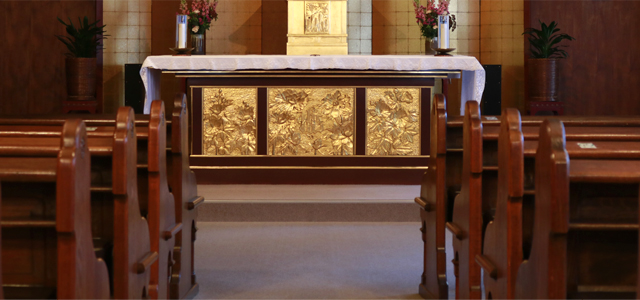
Catholic Q&A
It is said that Jesus was born without original sin. That means Jesus was not a human being but a messenger of God. You said that the resurrection is the central truth of Christianity, and that the resurrection of Jesus is the “first fruit” of the resurrection of all and the basis of hope. Can the resurrection of Jesus, who was not originally a human being, be a guarantee for the resurrection of us humans who have original sin?
Let us for the time being set aside the issue of original sin. Christianity teaches that Jesus, throughout his lifetime, was unaware of the impurity of sin. Yet, it is also believed in Christianity that Jesus was a genuine human being.
In point of fact this argument has risen over and over again since ancient times. In order to express the fact that Jesus was the absolute mediator of God, the Council of Nicaea in 325 defined it as, “having the same essence of God.” Immediately after that though, with reference to a person named Apollinaris who said that Jesus had a human body but his soul was that of God himself, Damasus I, who happened to be Pope at the time, asserted that if Jesus were not a true human being our salvation also would not have been true. He affirmed that the Lord was the one who saves all human beings with souls and bodies and who have a mortal destiny, and this became the definition of the Council of Constantinople. Later at the Council of Chalcedon of 451, the doctrine was proclaimed that “In his divinity he had the same essence of God, and in his humanity he had the same essence as ourselves.” This teaching has since then constituted the norm of Christian faith until today.
For the time being let us set aside discussions on doctrinal history. What is vital for us is the resurrection of Jesus. All of us at the end of time will be resurrected and called to God, and we will be created anew through God’s new work of creation. The resurrection of Jesus is an event that guarantees that hope, and this is the faith that offers hope and courage to Christians in their everyday lives.
